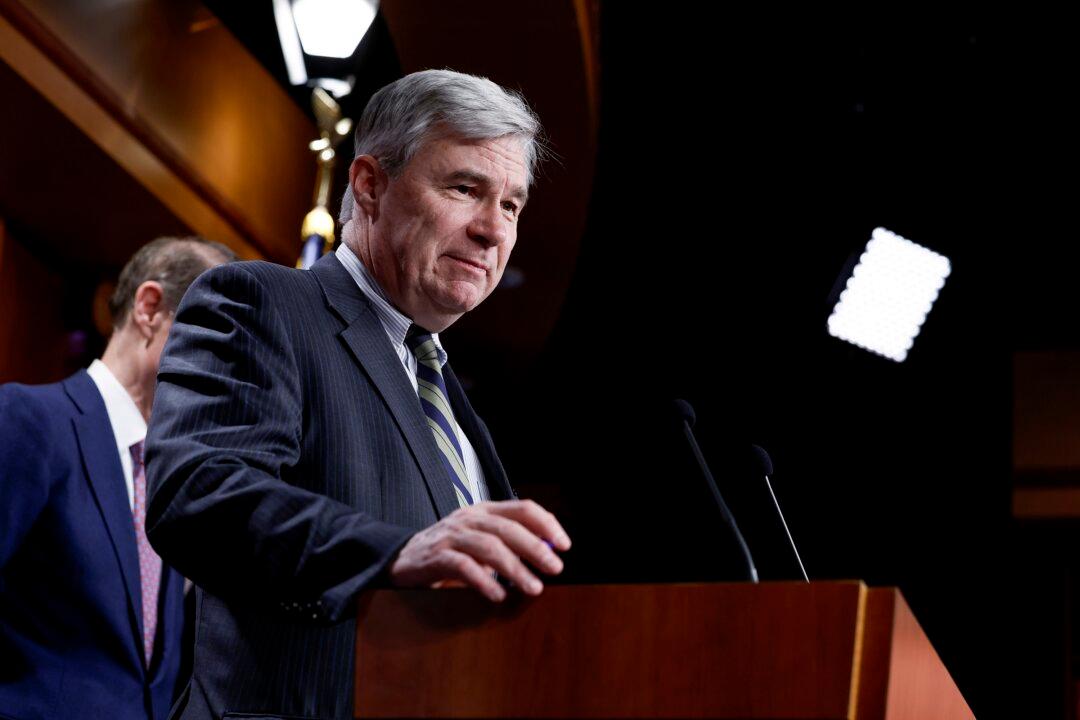Lawmakers on the Senate Judiciary Committee traded accusations on Tuesday as they debated whether to impose new ethical requirements on the U.S. Supreme Court.
The debate centered around whether the court should be required to provide more detailed financial disclosures or implement stricter guidelines for when a justice must recuse themselves from hearing a case.





